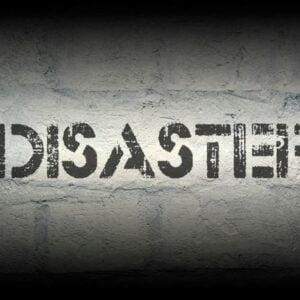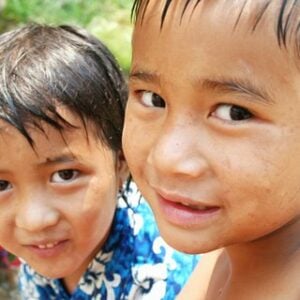The World Bank’s Executive Board has approved a project to strengthen Guatemala’s resilience to natural hazards and extreme climate events. The initiative aims to enhance institutional capacity to manage risks and protect vulnerable groups, including women heads of household, Indigenous peoples, persons with disabilities, and residents of informal settlements. By targeting areas with high exposure to disasters, such as the Dry Corridor, Petén, and peripheral urban municipalities, the project seeks to reduce the heightened vulnerability caused by geographic risks and poverty.
The US$430 million Development Policy Loan, combined with a Catastrophe Deferred Drawdown Option (Cat DDO), will enable Guatemala to rapidly mobilize resources following extreme events like hurricanes, earthquakes, or volcanic eruptions. This financial flexibility is intended to mitigate fiscal impacts and support faster recovery, ensuring that vulnerable populations can maintain access to essential services during crises.
The project focuses on two main areas. The first aims to strengthen institutional capacity for disaster risk management through public policy improvements and the development of financial mechanisms to protect vulnerable households. The second integrates resilience measures into sectors such as agriculture, transport, and housing, ensuring that infrastructure and basic services are prepared for extreme events. Public institutions will incorporate risk management into planning and budgeting, while social protection programs will expand to support households facing sudden income losses due to disasters.
Officials emphasized the project’s importance for both immediate disaster response and long-term resilience. Guatemala faces high exposure to natural hazards, with over 80% of its GDP generated in risk-prone areas and nearly half of the population living in poverty. Historical data shows that disasters disproportionately affect marginalized communities, with 35% of the poorest households experiencing disaster-related impacts between 1997 and 2014. The initiative will provide the country with the tools and financial support necessary to protect vulnerable populations, maintain public services, and strengthen fiscal stability.
Prepared with support from the Global Facility for Disaster Reduction and Recovery (GFDRR), the three-year project—potentially extendable—will assist Guatemala in advancing disaster risk management, climate adaptation, and implementation of the Disaster Risk Financing Framework, fostering a safer and more equitable environment for all citizens.






